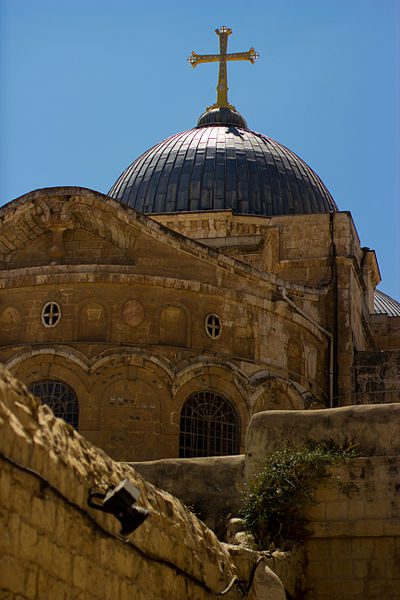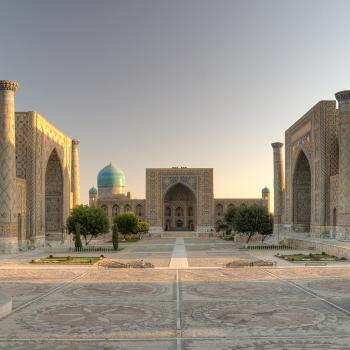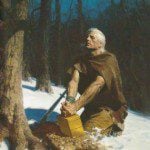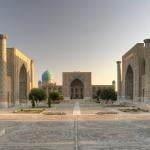
(Wikimedia Commons)
Yesterday, I introduced a famous political poem by the Syrian writer Nizar Qabbani, written in response to the catastrophic 1967 Six Day War between Israel and several Arab states. But I didn’t actually cite the poem. Here it is (at least in part):
Friends,
The ancient world is dead. The ancient books are dead…
Our poems have gone sour.
Women’s hair, nights, curtains and sofas Have gone sour.
Everything has gone sour.
My grieved country,
In a flash
You changed me from a poet who wrote love poems To a poet who writes with a knife.
What we feel is beyond words:
We should be ashamed of our poems.
Stirred
By Oriental bombast,
By Antaric swaggering that never killed a fly,[1]
By the fiddle and the drum,
We went to war
And lost.
Our shouting is louder than our actions, Our swords are taller than us,
This is our tragedy…
Our enemies did not cross our borders
They crept through our weaknesses like ants.
Friends,…
People take you for a breed of mongrels…
Are we the “Nation by which God blessed mankind”?[2]
Our desert oil could have become
Daggers of flame and fire.
We’re a disgrace to our noble ancestors:
We let our oil flow through the toes of whores.
We…
Turn midgets into heroes…
If we hadn’t buried our unity
If we hadn’t ripped its young body with bayonets If it had stayed in our eyes
The dogs wouldn’t have savaged our flesh.
But Qabbani sees hope for the future, if not for his own generation then at least for the generation growing up. It is a wrathful vision, full of self-contempt.
We want an angry generation To plough the sky
To blow up history…
We want a new generation That does not forgive mistakes That does not bend.
We want a generation
Of giants.
Arab children,
Corn ears of the future,
You will break our chains.
Kill the opium in our heads,
Kill the illusions. Arab children,
Don’t read about our windowless generation,
We are a hopeless case.
We are as worthless as water-melon rind.
Don’t read about us,
Don’t ape us, Don’t accept us,
Don’t accept our ideas,
We are a nation of crooks and jugglers.
Arab children, Spring rain,
Corn ears of the future,
You are the generation
That will overcome defeat.[3]
Qabbani’s verses illustrate the new mood of revolutionary anger that the spectacular failure of the Arab regimes in the Six Day War created among the Palestinian people. Those regimes, they felt, were now completely irrelevant, thoroughly discredited. Why, they asked themselves, should they continue to depend upon corrupt and incompetent Arab leaders for their liberation? What had they gained by doing so? From now on, they would rely upon themselves. A coalition of independent, more radical Palestinian guerrilla organizations, the so-called fedayeen, seized control of the Palestine Liberation Organization after the war. They were determined to make that organization serve their own interests, the interests of their people as they saw them, rather than the interests of the regimes which had used it but had so often let them down.
[1] Antar was a great poet and warrior of Arabian tradition.
[2] A Qur’anic reference to the Arabs’ role in bringing true religion (Islam) to the world.
[3] Translated by Abdullah al-Udhari, in Modern Poetry of the Arab World, 97-101.
Posted from Jerusalem, Israel















